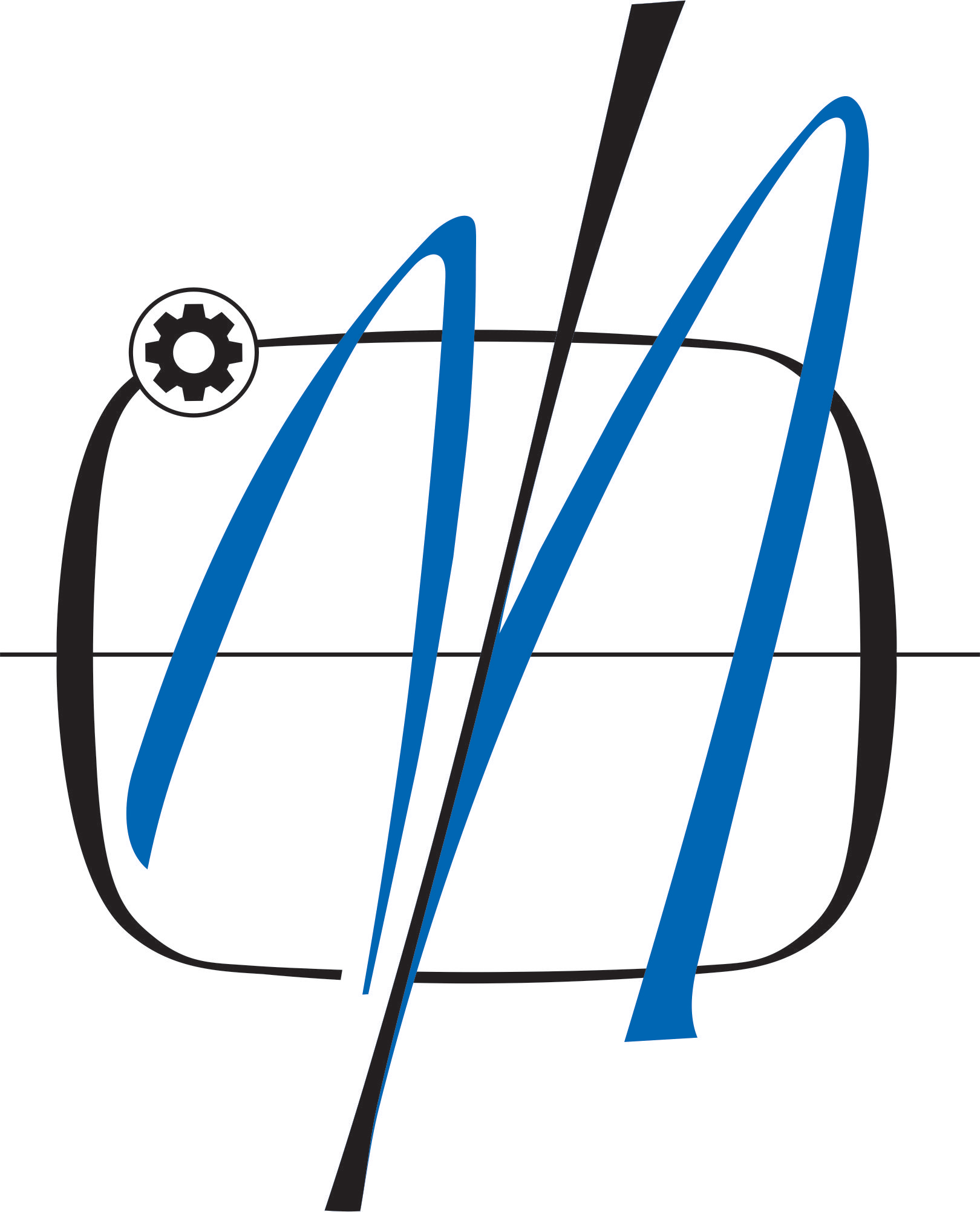| dc.description.abstract | Process planning and scheduling are two of the most important manufacturing functions traditionally performed separately and sequentially. These functions being complementary and interrelated, their integration is essential for the optimal utilization of manufacturing resources. Such integration is also significant for improving the performance of the modern manufacturing system. A variety of alternative manufacturing resources (machine tools, cutting tools, tool access directions, etc.) causes integrated process planning and scheduling (IPPS) problem to be strongly NP-hard (non deterministic polynomial) in terms of combinatorial optimization. Therefore, an optimal solution for the problem is searched in a vast search space. In order to explore the search space comprehensively and avoid being trapped into local optima, this paper focuses on using the method based on the particle swarm optimization algorithm and chaos theory (cPSO). The initial solutions for the IPPS problem are presented in the form of the particles of cPSO algorithm. The particle encoding/decoding scheme is also proposed in this paper. Flexible process and scheduling plans are presented using AND/OR network and five flexibility types: machine, tool, tool access direction (TAD), process, and sequence flexibility. Optimal process plans are obtained by multi objective optimization of production time and production cost. On the other hand, optimal scheduling plans are generated based on three objective functions: makespan, balanced level of machine utilization, and mean flow time. The proposed cPSO algorithm is implemented in Matlab environment and verified extensively using five experimental studies. The experimental results show that the proposed algorithm outperforms genetic algorithm (GA), simulated annealing (SA) based approach, and hybrid algorithm. Moreover, the scheduling plans obtained by the proposed methodology are additionally tested by Khepera II mobile robot using a laboratory model of manufacturing environment. | en |


